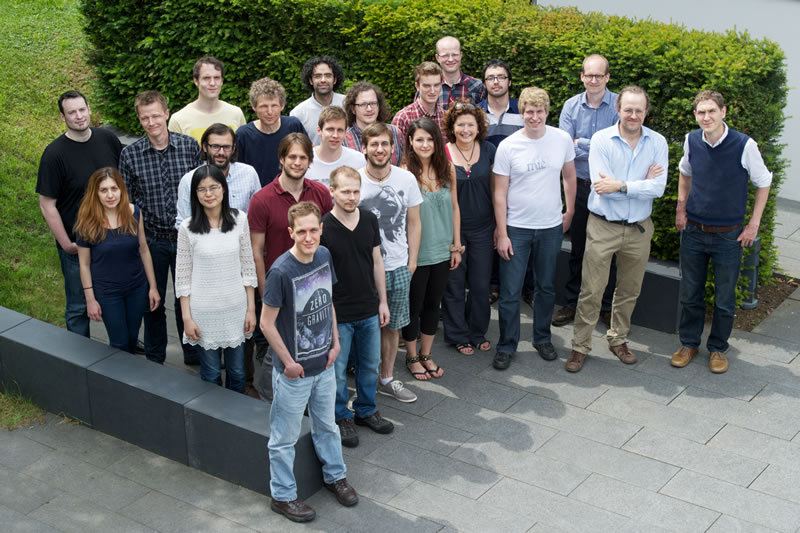The department was started around statistical learning theory and certain recent developments in the field of machine learning, in particular support vector machines (SVMs). It has since broadened its set of inference tools to include a stronger component of Bayesian methods, including graphical models with a recent focus on issues of causality. In terms of the inference tasks being studied, we have moved towards tasks that go beyond the relatively well-studied problem of supervised learning, such as semi-supervised learning or structured estimation. Finally, we have continuously striven to analyze challenging datasets from biology, astronomy, and other domains, leading to the inclusion of several application areas in our portfolio. When performed in collaboration with domain experts, such work can be rewarding for both sides and it provides us with additional insights into tasks and methods for empirical inference pertaining to our department's core interests.
In cases where the application areas are close to our own expertise, we also carry out application-oriented research on our own. Example thereof are robotics and computational imaging. No matter whether the applications are done in the department or in collaboration with external partners, considering a whole range of applications helps us study principles and methods of inference, rather than inference applied to one specific problem domain. Our main mode of dissemination is the publication of results at the leading machine learning conferences. These are NIPS (Neural Information Processing Systems), ICML (International Conference on Machine Learning), UAI (Uncertainty in Artificial Intelligence), and for theoretical work, COLT (Conference on Learning Theory). Our presence at these rather competitive conferences makes us one of the top few machine learning labs worldwide. In addition, we sometimes submit our work to the leading application oriented conferences in fields including computer vision (ICCV, ECCV, CVPR), data mining (KDD, ICDM), and computational biology (ISMB, RECOMB).

